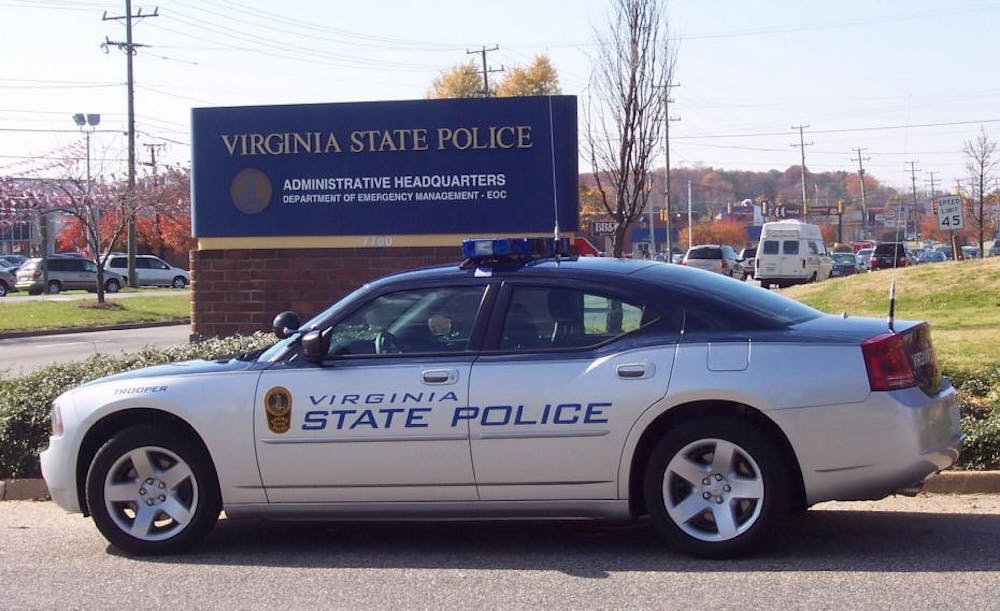Though landmark Supreme Court cases such as DC v. Heller and McDonald v. Chicago have enshrined gun ownership as a fundamental right, gun confiscation has quickly progressed into a defining issue for Americans. Years of claims that “nobody is going to take your guns” have quickly turned into “hell yes, we’re going to take your AR-15”, exactly as gun rights advocates have warned.
November’s General Assembly elections were marked by contributions from gun confiscation activist groups, such as Michael Bloomberg’s Everytown for Gun Safety, outspending the National Rifle Association in key legislative races. Moreover, some of the first proposed bills for the upcoming legislative session create intensely restrictive — and possibly even unconstitutional — limits on the right to bear arms. The threat of those new laws has naturally led to intense backlash from many law-abiding gun owners and rural towns throughout Virginia. Dozens of localities have passed or are scheduled to vote on resolutions to brand themselves as “Second Amendment sanctuaries.”
The reality is that those local measures are entirely symbolic. Virginia is a Dillon’s Rule state, meaning the authorities of local governments are derived from the legislature such that counties cannot legally obstruct the will of Richmond on most issues. With a Democratic grip on statewide executive offices and both houses of the legislature, counties face the option of following the law or having their authority rescinded by the state.
Though the constitution of Virginia provides for the creation of local governments, it does not allow said governments to act as truly independent organizations. If counties were empowered to create “sanctuaries” for certain actions or properties, they would be able to completely circumvent state laws regarding educational curricula, regulation of commercial activity and all other facets of government that impact our everyday lives.
Localities must limit themselves to their constitutionally prescribed roles and leave higher questions of constitutionality to the courts. Otherwise, they face the right of the state to dissolve their boards and intervene in local affairs. For example, major states such as Texas and Florida have passed bills prohibiting localities from issuing “sanctuary city” regulations. Erosion of local government is the ultimate and only result of grand challenges to state authority.
As a result, if Democrats do pass drastic new gun control measures, it is the role of law enforcement to faithfully execute those laws. Just as seventh president Andrew Jackson refused to follow the Supreme Court’s prohibition on Indian Removal in Worcester v. Georgia, Amelia County Sheriff Ricky Walker has said he would refuse to obey a court order to enforce gun control laws. Executive officers, such as county sheriffs, have a duty to uphold and enforce the law, not create or alter it. Jackson was wrong, legally and morally, in conducting Indian removal.
Sheriff Walker is wrong legally, though justified morally, in resisting unjust laws. However, sheriffs are not judges, and are not elected to pass judgement on the constitutionality of laws. Though I sympathize with Walker’s views on upcoming gun control legislation, sheriffs should carry out their duties or resign if they believe they cannot do so. No one unwilling to carry out their duties should take an oath of office.
At best, gun control laws will be enforced by state troopers instead of by sheriffs’ offices, usurping the traditional role of law enforcement in many jurisdictions. Refusal to serve the interests of the legislature is futile, and can only end in either extreme divisiveness or the end of elected, local control of law enforcement duties. The existence of the sheriff’s office bridges the creation of laws by the state and their enforcement by local authorities. Law enforcement ought to be carried out by those close to the community, but the state does have the supreme right to intervene and see its will carried out. Having law enforcement officers refuse to carry out the law is a recipe for apartisan anarchy in the future.
Ultimately, the local level is not the place to attempt to set gun policy. The only way to defeat ridiculous attempts at gun control is to vote for representatives who have promised to protect gun rights. Until the next round of legislative elections, however, gun rights activists should take the fight to the courts, where historical victories for our right to bear arms are just awaiting the passage of new restrictions on firearms. In any case, our rights are not secured by giving the state a valid reason to assume the role of local governments.
Bilge Batsukh is an Opinion Columnist for The Cavalier Daily. He can be reached at opinion@cavalierdaily.com.







